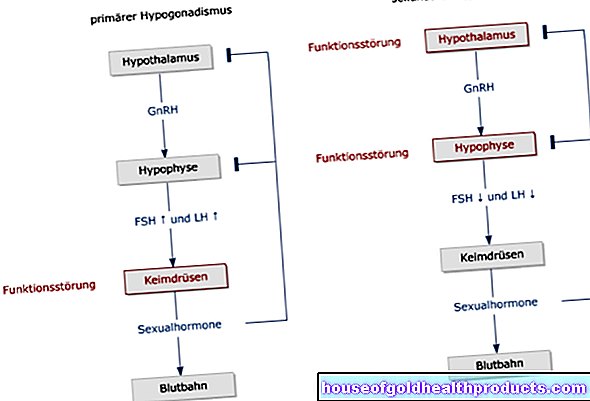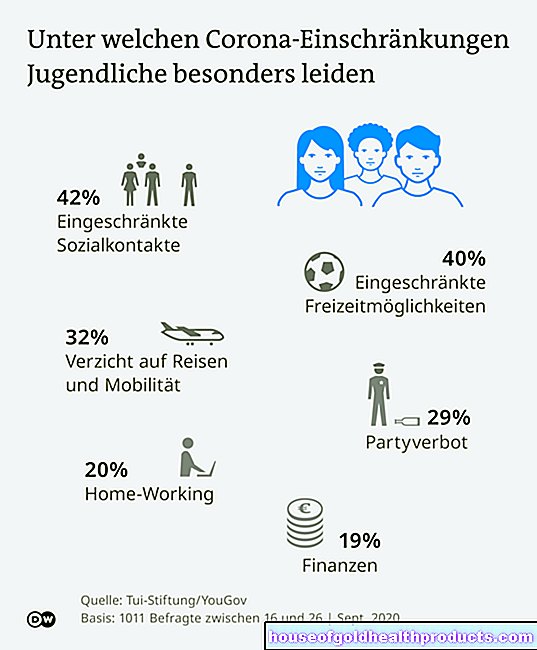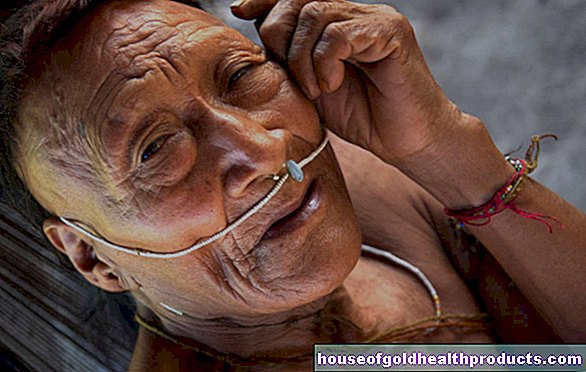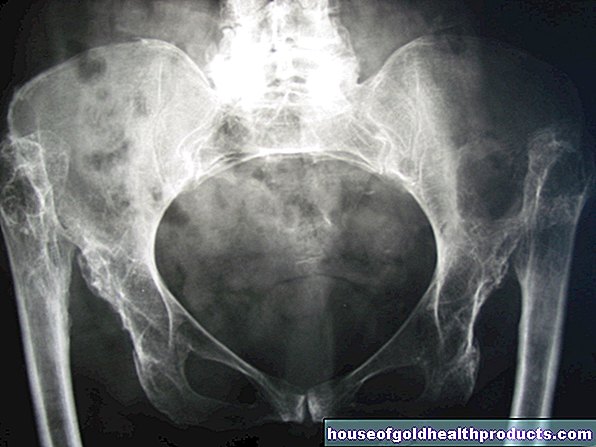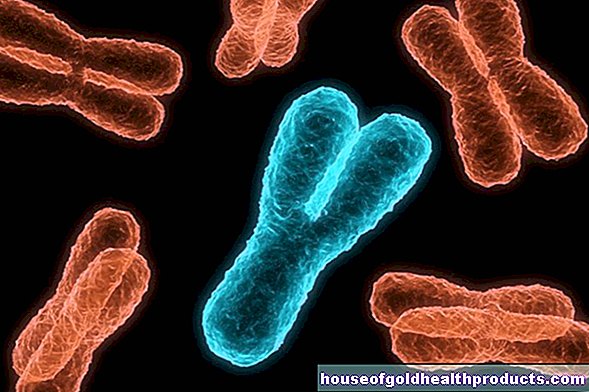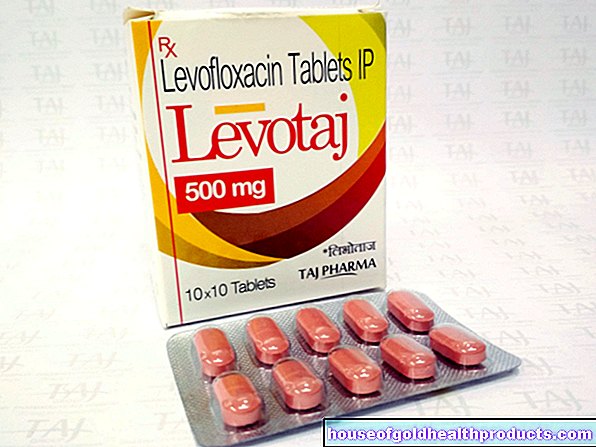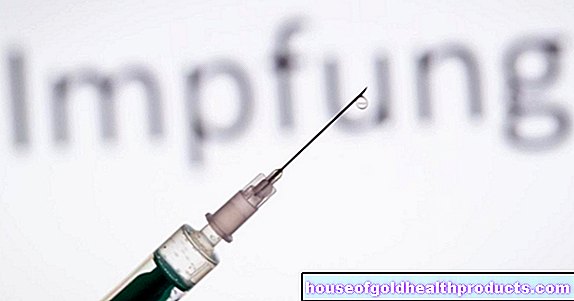Long-term consequences: Parkinson's disease after traumatic brain injury
All content is checked by medical journalists.Traumatic brain injury with long-term consequences: Even if the incident initially seems to have healed without complications, the risk of developing Parkinson's later increases. The injury does not affect the risk of developing Alzheimer's.
Sports accidents, traffic accidents, violent attacks: 250,000 people in Germany suffer from traumatic brain injury every year. The spectrum ranges from a slight concussion to trauma with severe neurological or even fatal consequences.
Long-term effects of trauma
Researchers led by Kristen Dams-O’Connor from the Brain Injury Research Center of Mount Sinai have investigated the long-term consequences of such an injury. The scientists evaluated data from three studies with more than 7130 elderly people. 865 of them had suffered a traumatic brain injury in the past in which they had lost consciousness, 124 had even been unconscious for more than an hour.
They found no connection between Alzheimer's (1539 participants in the study) and head injuries - but a significantly increased risk of Parkinson's (117 participants). This particularly affected patients who had been unconscious for more than an hour as a result of the head injury.
Lump of protein in the brain
In addition, autopsy results of 1,652 patients showed that traumatic brain injuries were more often associated with the accumulation of so-called Lewy bodies in the brain. These are pathological accumulations of certain protein structures which, like plaques in Alzheimer's disease, appear in the context of what is known as Lewy body dementia. A larger number of micro-injuries in the brain resulting from an unnoticed stroke were also found in former traumatic brain injury patients.
"People with a history of traumatic brain injuries are at a higher risk for neurodegenerative diseases, but not for Alzheimer's," sums up the results of the study, Dams-O’ Connor. Doctors should also inquire about possible traumatic brain injuries when making a diagnosis of dementia. Because both Parkinson's and Lewy body dementia are often not recognized and may then be treated incorrectly. Knowing that the patient has had a traumatic brain injury could put them on the right track.
The researchers hope to be able to recognize and treat neurodegenerations caused by traumatic brain injury in good time in the future. "But for that we have to understand the disease first," says Dams-O’Connor.
Protect your head!
In no case does it hurt to protect yourself from brain injuries as much as possible - for example by consistently wearing a helmet when cycling or other activities that are at risk of falling. Some athletes are also particularly at risk - these include American footballers and boxers who have to take countless head blows, but also skiers, mountain bikers and climbers.
Boxing legend Muhammad Ali also received countless head blows in the course of his career, and he too fell ill with Parkinson's. It cannot be said whether he would have developed the disease if he had chosen a different profession.
According to the German Parkinson Society, around 250,000 to 280,000 people in Germany suffer from Parkinson's. This makes the disease the third most common neurodegenerative disease after Alzheimer's and Lewy body dementia. (cf)
Source: Paul K. Crane et al .: Association of Traumatic Brain Injury With Late-Life Neurodegenerative Conditions and Neuropathologic Findings. JAMA Neurology, 2016; DOI: 10.1001 / jamaneurol.2016.1948
Tags: Baby Child prevention medicinal herbal home remedies
.jpg)


